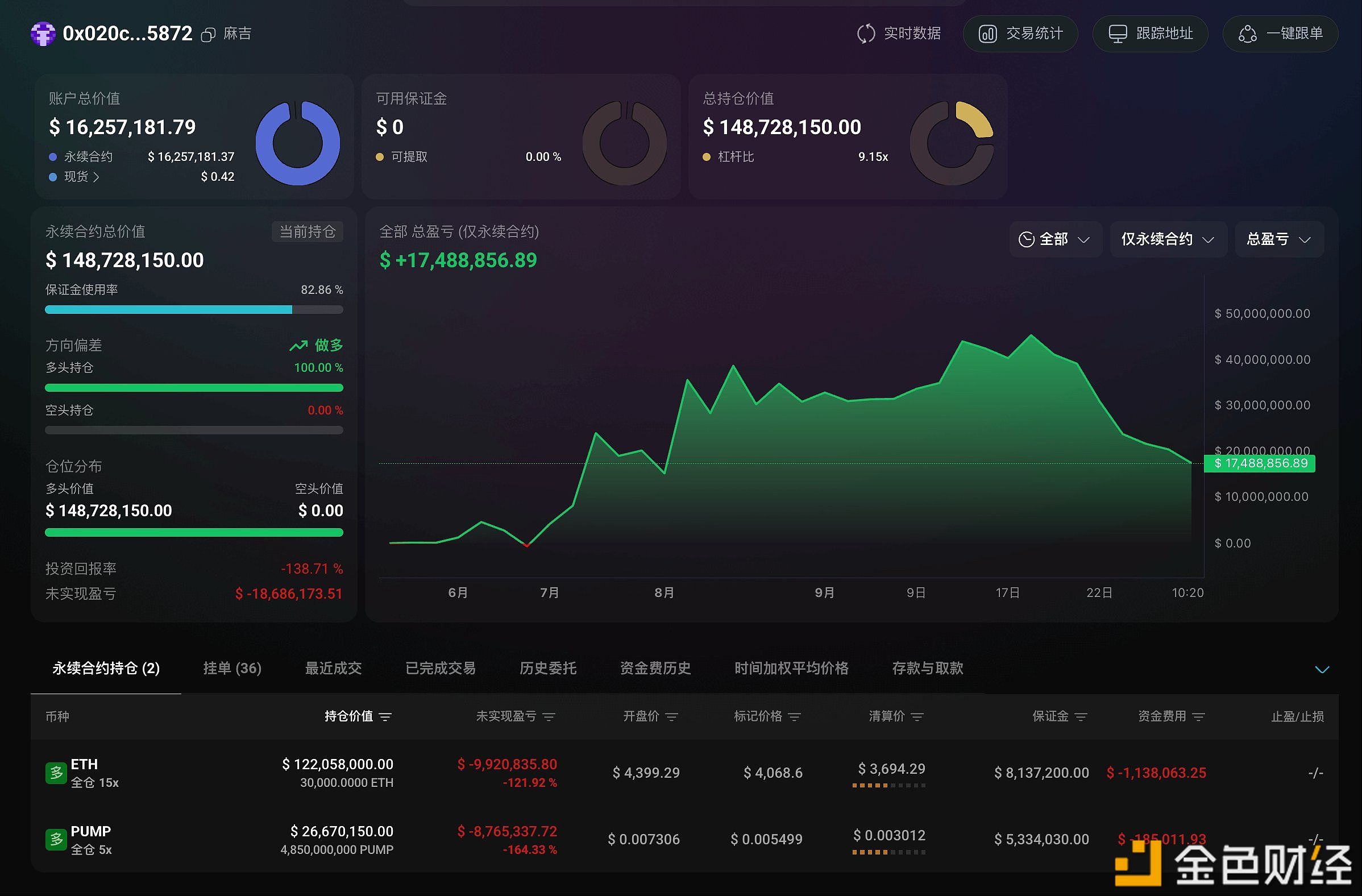U.S. Internal Revenue Service: Cryptocurrency rewards received before the account is frozen must be taxed in the year they are received
The U.S. Internal Revenue Service (IRS) issued a memorandum in October addressing the tax obligations of digital asset rewards in accounts that have been frozen due to bankruptcy. The guidance was sent to Michael R. Fiore of the IRS Small Business/Self-Employed Division, which examined a hypothetical taxpayer (referred to as "Taxpayer A") who held cryptocurrency in an account on a bankrupt platform and received rewards such as staking bonuses before the account was frozen.
According to IRS regulations: Taxpayer A received rewards in the first year before the account was frozen, and must include the fair market value at the date and time of receipt of these rewards into their total income for that first year... even if this account remains frozen on December 31st of that first year. This interpretation follows Sections 61 and 451 of the Internal Revenue Code, which stipulate that income must be recognized within the year it is received, regardless whether it becomes inaccessible later on.
Disclaimer: The content of this article solely reflects the author's opinion and does not represent the platform in any capacity. This article is not intended to serve as a reference for making investment decisions.
You may also like
Benchmark analyst reiterates "Buy" rating on Japanese crypto company Metaplanet

GAIN official: Investigating issues related to abnormal token over-issuance
Data: 10 addresses received a total of 210,000 ETH within 6 hours, worth approximately $863 millions.